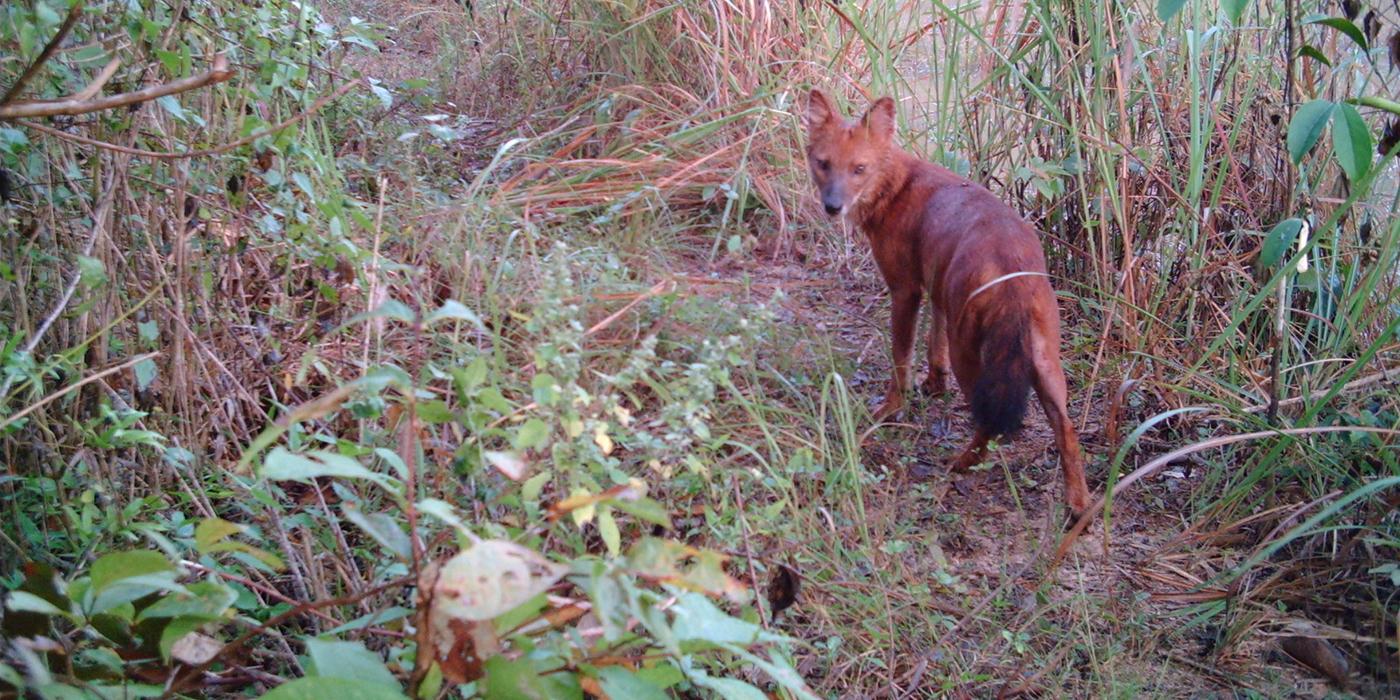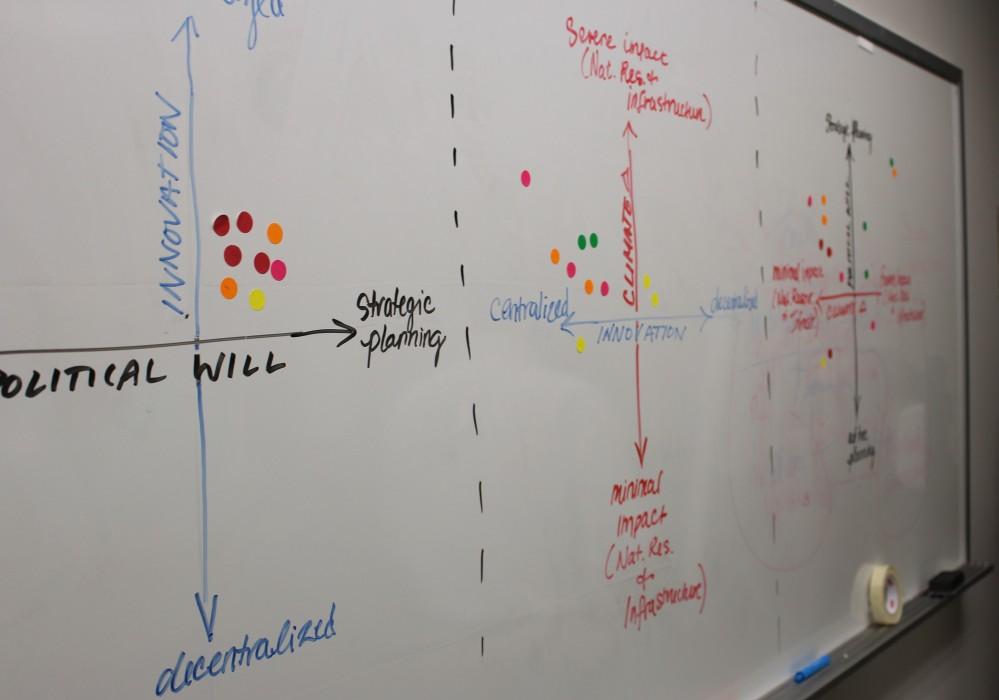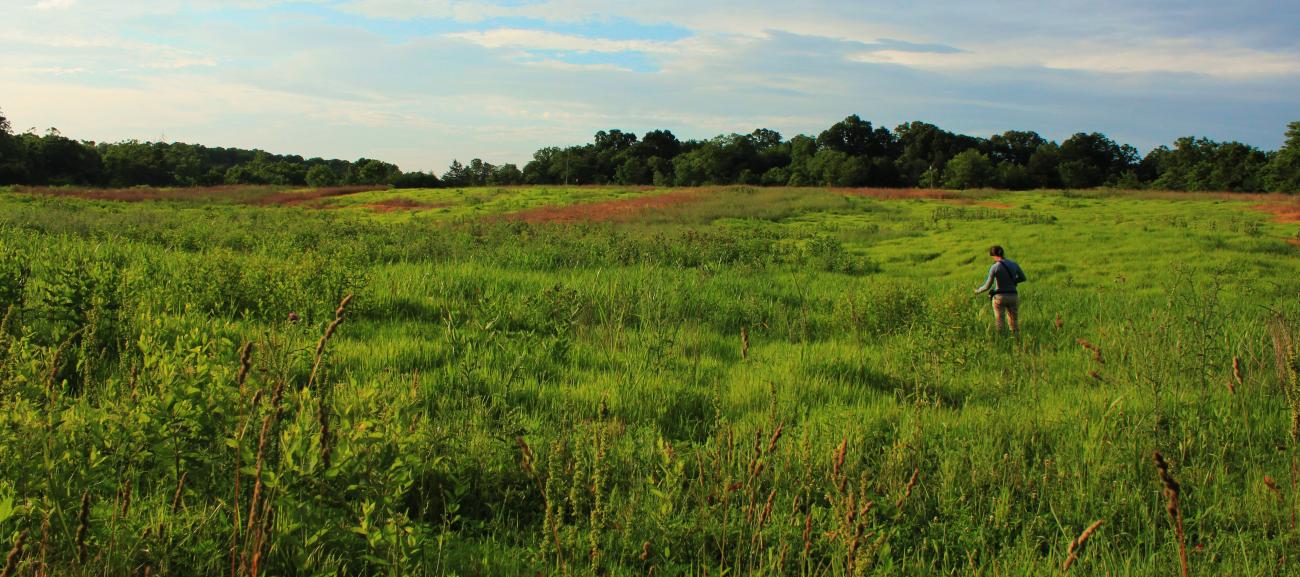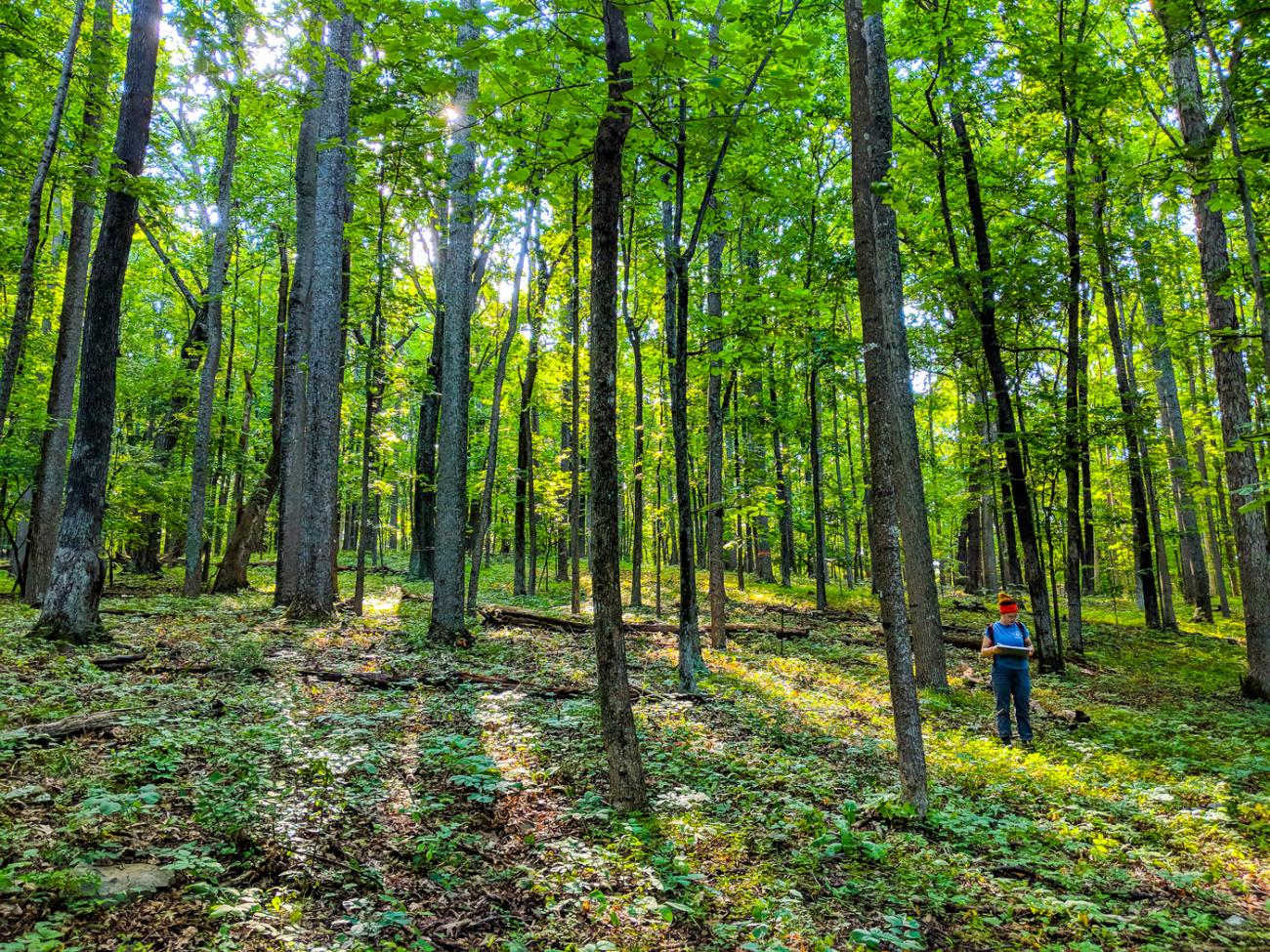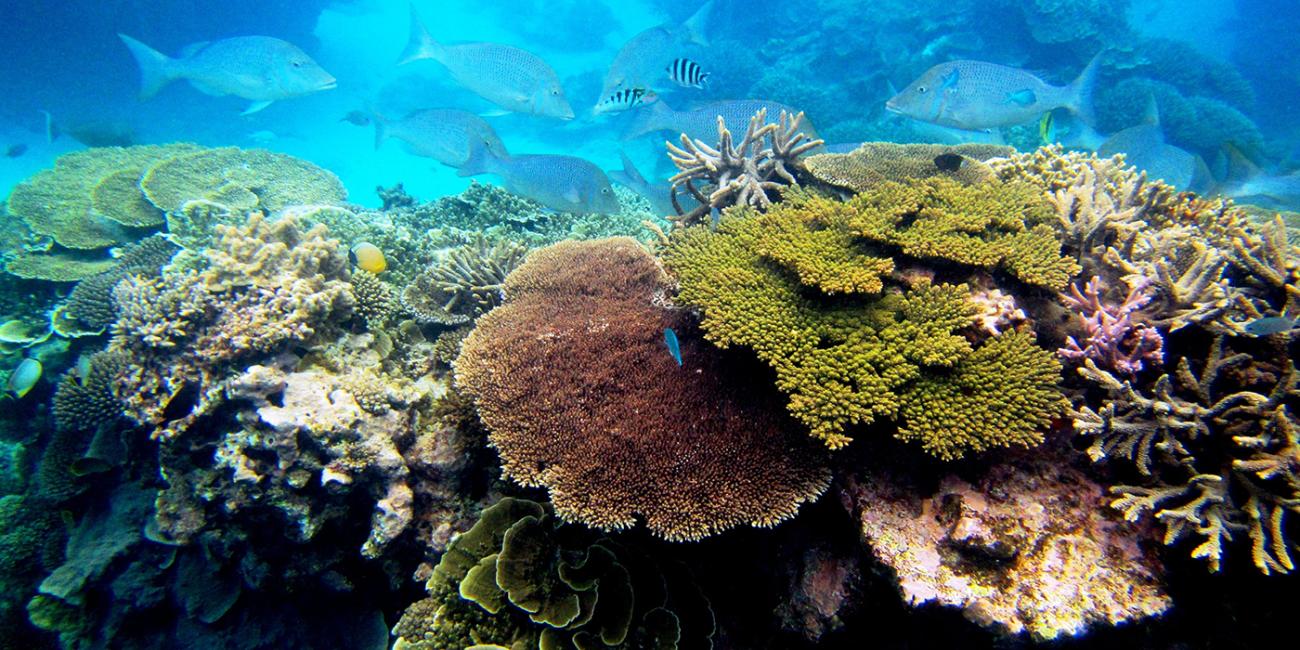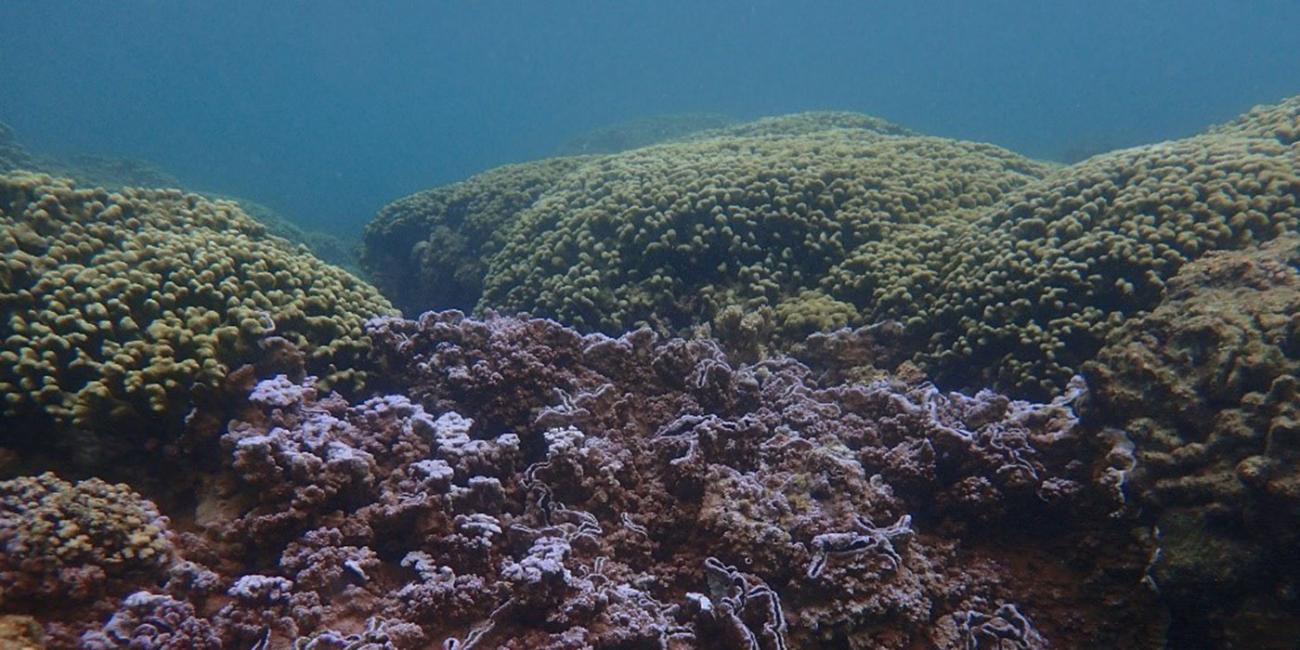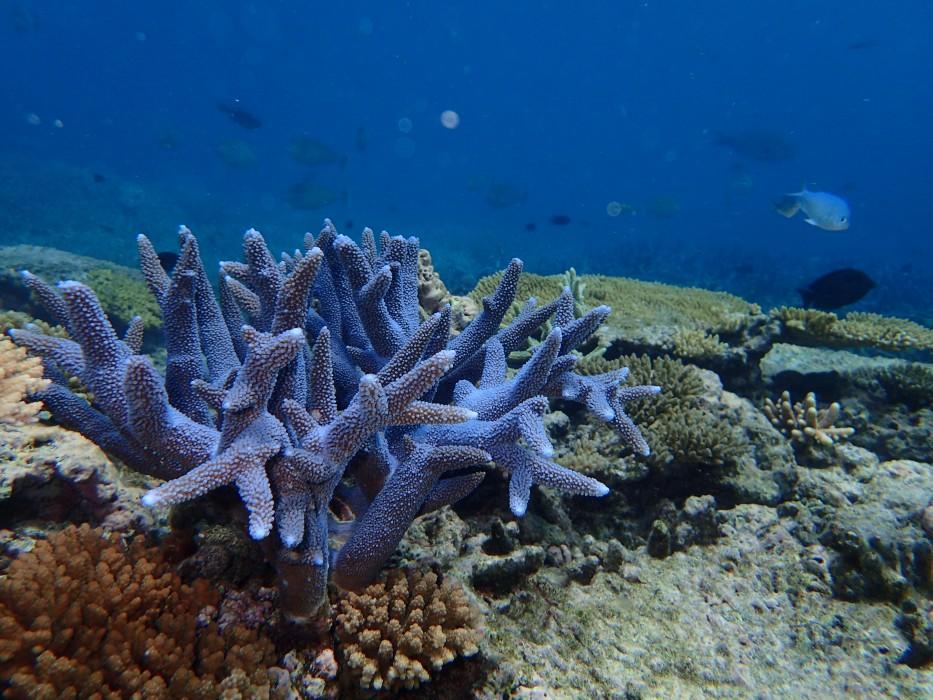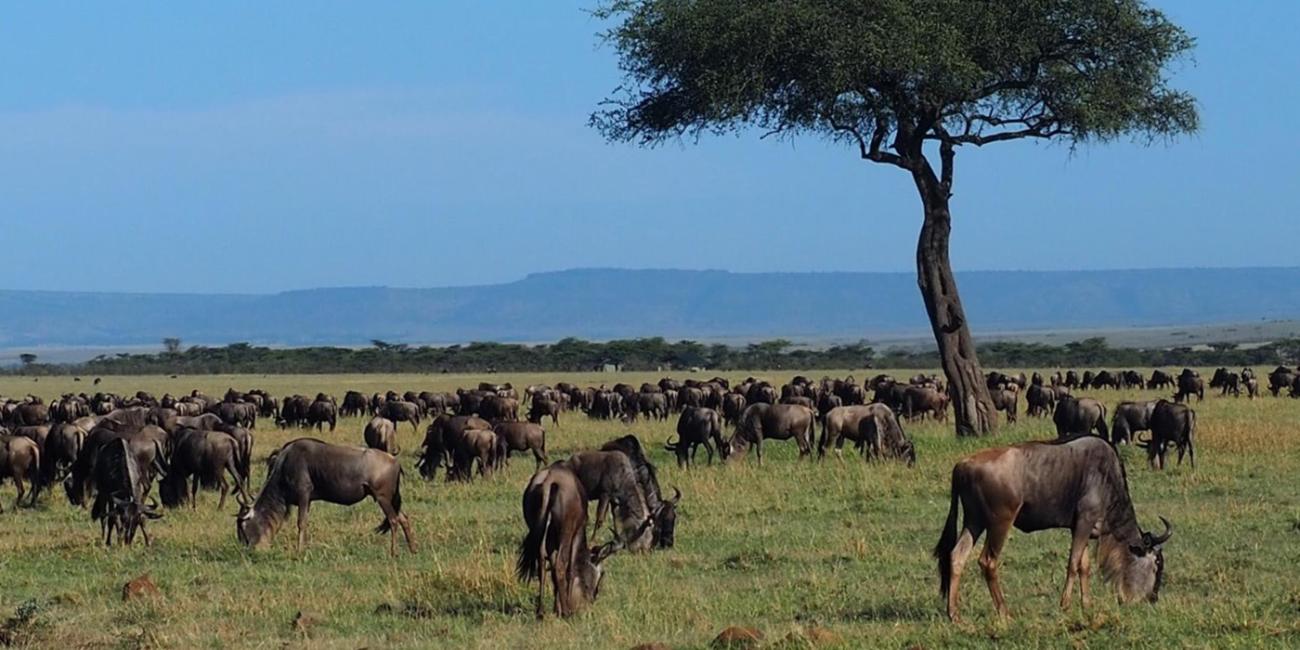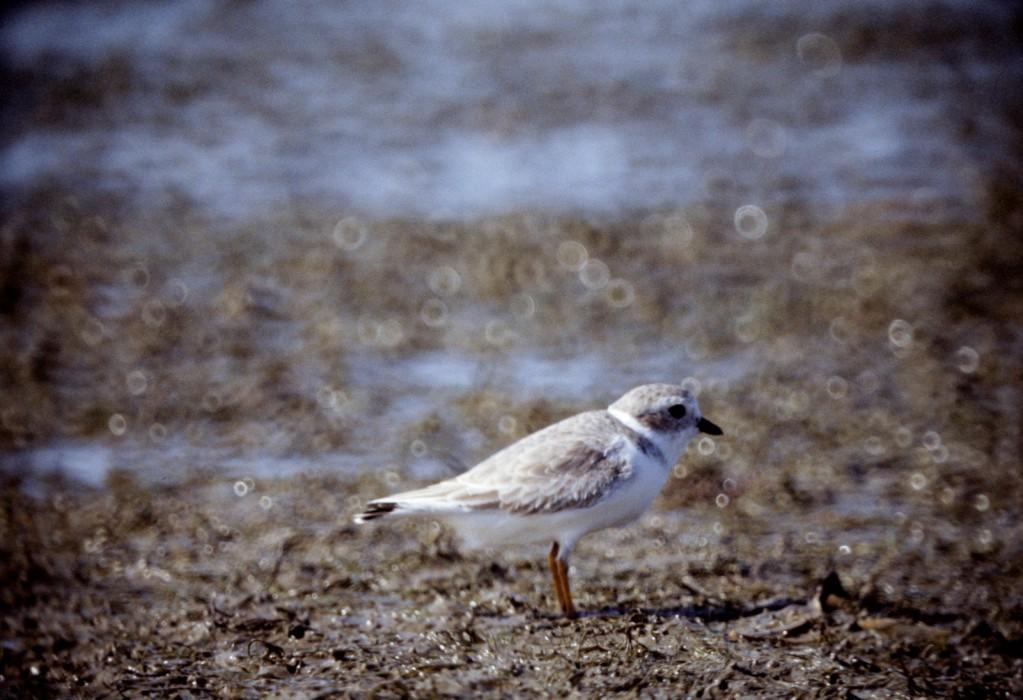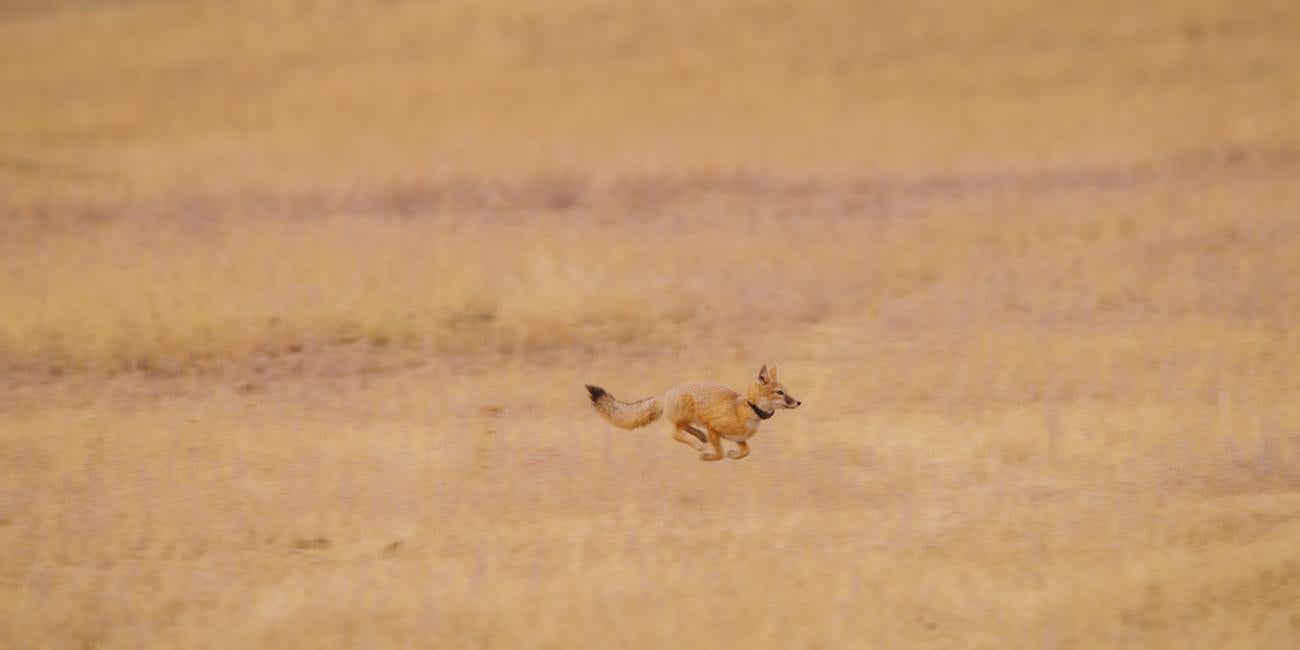Dhole Conservation in Southeast Asia
Scientists at the Smithsonian Conservation Biology Institute’s Center for Species Survival (CSS) are working to study and save endangered dholes, also called Asian wild dogs (Cuon alpinus), by tracking animals with satellite collars, monitoring human-dhole conflict, and doing community outreach.
To date, there have been very few studies on dholes in the wild, and the true status of this species is unknown across the majority of its geographic range, especially in Southeast Asia. The dhole is secretive and lives in highly social, close-knit packs of three to 20 individuals with rigid dominance hierarchies (similar to African wild dogs). A dhole pack hunts cooperatively and maintains communication within dense forests by “whistling.” This has earned the species the name “whistling hunter.” The main threats to dholes include conversion of their habitats to livestock pasture or agricultural land, depletion of their food sources (mainly deer) by poachers, hunting and disease.
CSS scientist Nucharin Songsasen leads a team of researchers from the Minnesota Zoo; Thailand Department of National Parks, Wildlife and Plant Conservation; Kasetsart University; and the Zoological Park Organization of Thailand to conduct a comprehensive study to improve the understanding of dhole ecology, specifically home range, movement pattern, habitat preference and the threats they face in Thailand. The research team is also investigating transmission risk of domestic dog diseases (canine distemper and canine parvovirus) to dholes and other carnivores sharing the same habitat.
In Myanmar, Songsasen and William McShea work on a field conservation project that aims to reduce human-dhole conflicts in the Natmataung National Park, Myanmar. The project is a collaboration between the Smithsonian Conservation Biology Institute, the Ministry of Environmental Conservation and Forestry and Friends of Wildlife in Myanmar to better understand the severity and causes of livestock predation as a baseline for the development of a long-term solution to mitigate human-dhole conflict in this country. Project activities also includes community outreach and environmental education to reduce poaching pressure of dhole’s natural prey in the national park.
Collaborators and Partners
Kate Jenks, Minnesota Zoo
Mourad Gabriel, Integral Ecology Research
Thailand Department of National Parks, Wildlife and Plant Conservation
Faculty of Forestry, Kasetsart University
Zoological Park Organization of Thailand
Ministry of Environmental Conservation
Forestry and Friends of Wildlife
